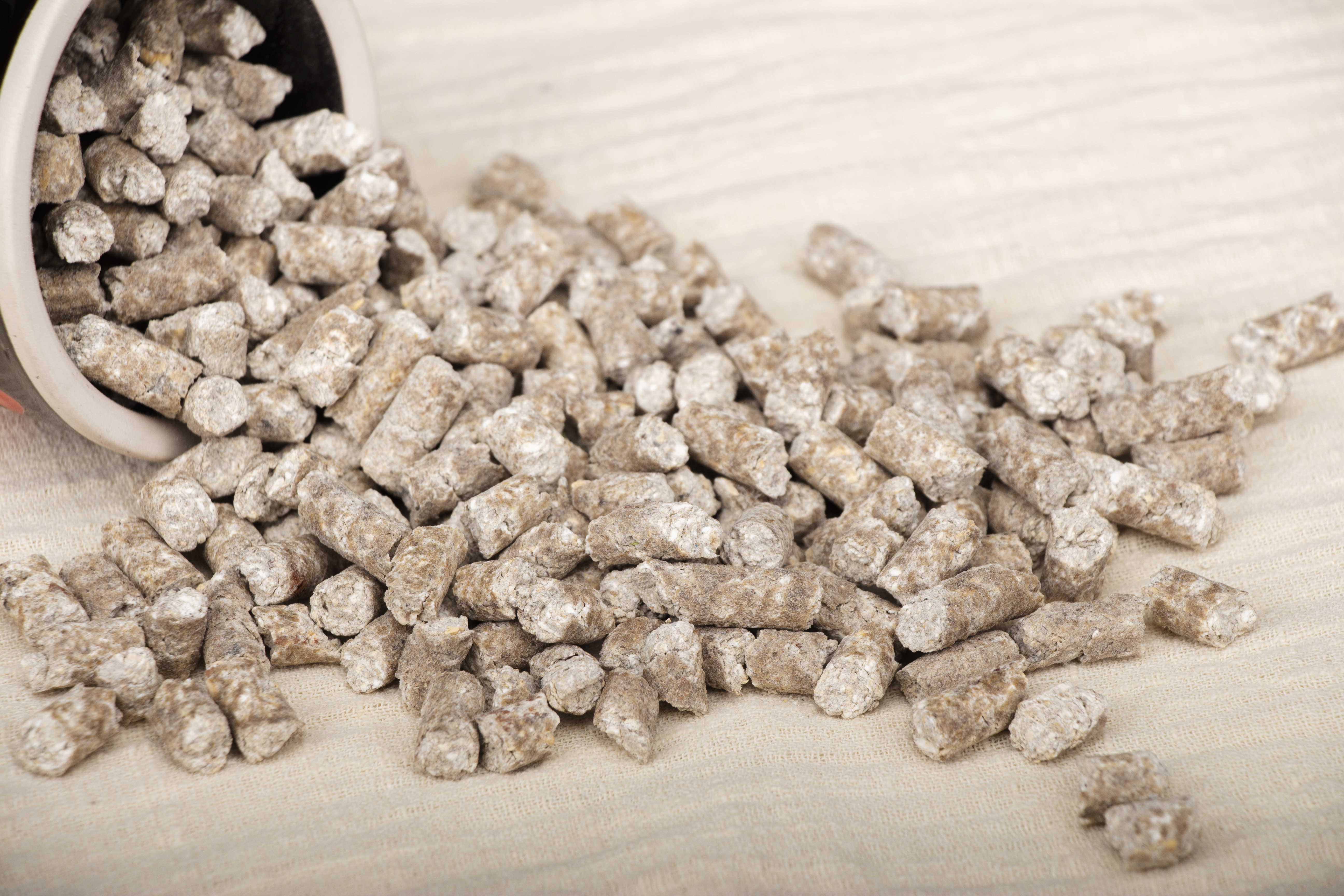- No.3 Beijing East Road, Laixi Economic Development Zone, Qingdao City, Shandong Province

| Moisture | ≤10% |
| Crude Protein | ≥4.0% |
| Starch | ≥55% |
| Ash | ≤6.0% |
As the core ingredient in pet food formulas, sweet potato particles provide the formula with natural carbohydrates, offering gentle and sustained energy for pets' daily activities and growth and development, preventing sudden spikes and drops in blood sugar, and meeting the energy needs of different physiological stages such as puppies, kittens, and elderly pets. At the same time, it retains the dietary fiber, β-carotene, and potassium in sweet potatoes. Dietary fiber can promote pet intestinal peristalsis and reduce constipation; β-carotene can be converted into vitamin A, protecting pet eyesight and skin health, making the formula nutrition more balanced.
Adding sweet potato particles to pet food recipes can improve the texture by altering the particle form. When used in dry food recipes, the particles can fill the gaps between raw materials, helping to make the tablet formation more stable, reducing cracking and crumbling after drying, and enhancing the integrity of the dry food particles; when used in wet food or canned food recipes, the particles can maintain a certain chewiness, forming a "soft + tough" taste layer with minced meat, avoiding overly soft and mushy texture, and at the same time, their natural sweetness can enhance palatability and reduce pets' selective eating.
Sweet potato granules are non-grain and hypoallergenic ingredients that do not contain gluten or other allergenic components. When added to pet food formulas, they can replace grains such as corn and wheat, helping to develop hypoallergenic formulas and reducing allergic reactions in pets with allergic constitutions (such as those with skin inflammation or gastrointestinal sensitivity). Additionally, their high dietary fiber content makes them suitable for adding to weight management pet food formulas, which can increase the pet's sense of fullness and help control food intake, meeting the development needs of functional formulas.
The sweet potato particles are produced through a granulation process. They have uniform particle size and few impurities. When added to the pet food formula, they can be evenly mixed with other ingredients such as meat powder and protein powder, avoiding nutritional stratification caused by particle size differences. This is suitable for large-scale production. Additionally, the temperature treatment during the granulation process can inactivate potential harmful microorganisms in the raw materials, and the particles do not contain chemical additives. When added to the formula, they can ensure the safety of the final product. Even if pets consume it for a long time, it is unlikely to cause digestive burden.